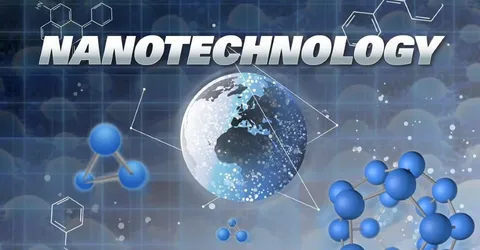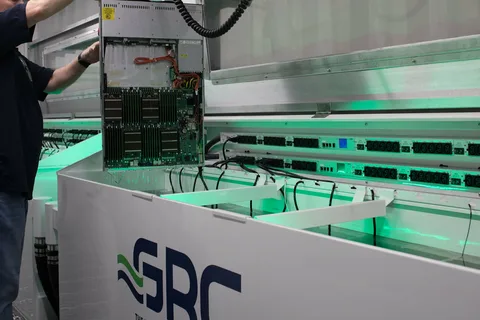Introduction Climate change is one of the most pressing challenges of our time, with far-reaching impacts on ecosystems, economies, and communities worldwide. As we strive to create a greener environment, addressing the unsustainable production and disposal of plastics becomes crucial. Traditional plastics, made from petrochemicals, are a significant contributor to environmental pollution and greenhouse gas emissions. They take hundreds of years to degrade, posing long-term threats to wildlife and human health. In response to these…
Introduction As the world grapples with the escalating challenges of climate change, the quest for sustainable solutions has never been more urgent. A greener planet demands innovative approaches to reducing our environmental footprint, and one of the most promising developments in this arena is the rise of biodegradable polymers. These materials, designed to break down more naturally and quickly in the environment, offer a significant advantage over traditional plastics, which persist for centuries, contributing…
Introduction In an era where environmental sustainability and climate change solutions have become paramount, the role of biodegradable polymers has garnered significant attention. These innovative materials are being hailed as a potential game-changer in the quest for a sustainable environment, promising to reduce plastic pollution and mitigate the impacts of climate change. However, the question remains: How impactful are biodegradable polymers in creating a truly sustainable environment? This post delves into the effectiveness of biodegradable…
Introduction In recent years, the fields of smart polymers and nanotechnology have witnessed rapid advancements, offering transformative potential in various applications. The intersection of these technologies has sparked significant interest, particularly in the realm of sustainable and biodegradable polymers. As global environmental concerns intensify, the demand for eco-friendly materials that can replace traditional, non-degradable polymers has grown. Smart polymers and nanotechnology are not just offering new materials but are revolutionizing the way we think…
Introduction In the quest for sustainability, science and technology have opened new avenues that promise to revolutionize various industries. Among these, smart polymers and nanotechnology stand out as groundbreaking innovations with significant potential for creating sustainable biodegradable applications. These advanced materials offer a remarkable ability to respond to environmental stimuli and provide unparalleled performance in diverse applications, from medical devices to packaging solutions. As concerns over environmental degradation grow, the intersection of smart polymers…
Introduction In the dynamic realm of materials science, two groundbreaking fields have emerged at the forefront of innovation: smart polymers and nanotechnology. These advanced materials are not only reshaping industries but also offering sustainable solutions to some of the most pressing environmental challenges. The fusion of smart polymers and nanotechnology is particularly transformative in the development of biodegradable materials, which are essential in reducing the global burden of waste and pollution. This post will…
Introduction In the ever-evolving landscape of technology, sustainability has become a pressing concern. As we continue to push the boundaries of innovation, it’s essential to consider the environmental impact of these advancements. One area where this intersection is becoming increasingly apparent is in the field of Artificial Intelligence (AI). The integration of eco-friendly innovations, such as biodegradable polymers, is paving the way for a more sustainable future in AI development. This post will explore…
Introduction The Green Revolution has taken on a new dimension in the 21st century, far beyond its agricultural origins. Today, it encompasses a broader spectrum of sustainable development initiatives aimed at preserving our environment while advancing technology. One of the pivotal aspects of this modern Green Revolution is the integration of biodegradable polymers and artificial intelligence (AI). As the world grapples with the environmental challenges posed by traditional materials and the rapid advancement of…
Introduction The rapid advancements in technology, particularly in the fields of Artificial Intelligence (AI) and materials science, are driving innovation across numerous industries. As AI continues to revolutionize everything from healthcare to manufacturing, there is a growing need for sustainable materials that can keep up with these advancements. Enter biodegradable polymers—a class of materials that not only offer sustainability but also the potential to enhance AI-driven technologies. This post explores the intersection of biodegradable…
Introduction In an increasingly interconnected world, the threat of emerging infectious diseases has grown exponentially. These diseases, caused by pathogens that have newly appeared in a population or are rapidly increasing in incidence, pose significant challenges to public health, the environment, and global economies. The COVID-19 pandemic served as a stark reminder of the catastrophic impact that such diseases can have. As the world faces this growing challenge, it is becoming clear that a multidisciplinary…










